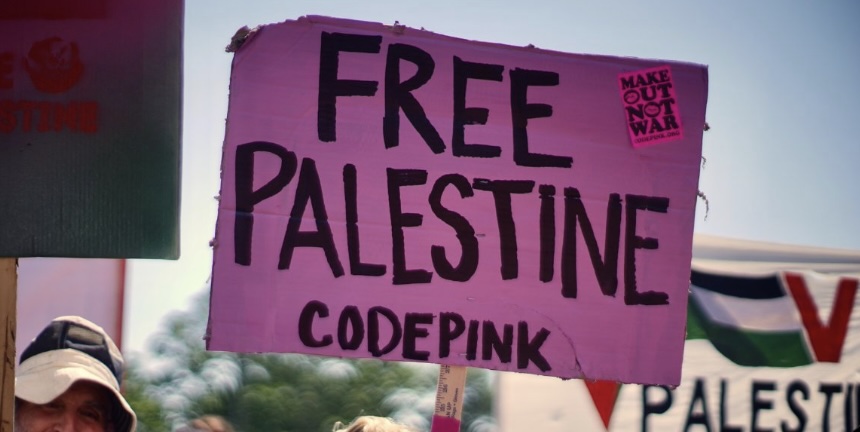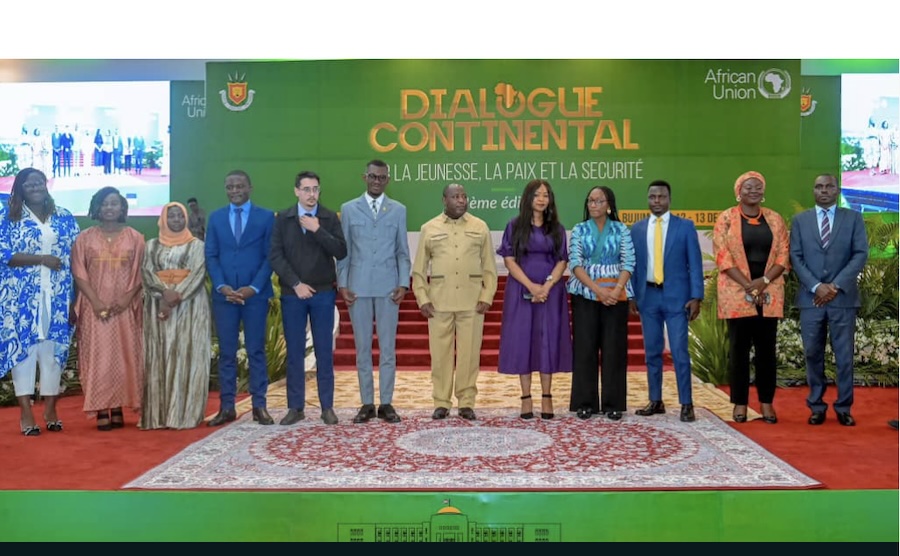DISARMAMENT & SECURITY .
An article from La Croix International
As Europe rearms itself, Pope Francis has issued a renewed call for peace and disarmament from his hospital room at Rome’s Gemelli Hospital in a letter made public March 18 and addressed to the director of the Italian newspaper Corriere della Sera. “We must disarm words, to disarm minds and disarm the Earth. There is a great need for reflection, calmness, and an awareness of complexity,” wrote Francis in this message dated March 14.
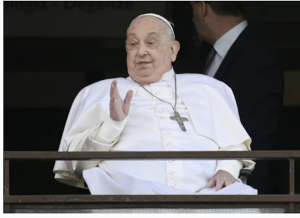
“Human fragility has the power to make us more lucid about what endures and what passes, what brings life and what kills,” said the 88-year-old pope, who has been hospitalized for over a month to treat double pneumonia. Repeating what he expressed in his Sunday Angelus message March 16, the pope said that in the period he is going through, “war appears even more absurd.”
War, he said, have no power other than to devastate ” communities and the environment, without offering solutions to conflicts,” he added, arguing that diplomacy and international organizations need “new vitality and credibility.”
General disarmament
On the eve of the publication of this message, the number two of the Holy See, Cardinal Pietro Parolin, was asked about the “rearm Europe” plan presented in early March by the European Commission. This plan aims to mobilize €800 billion ($841 billion) over four years, including €150 billion in loans made available to EU member states.
“The policy of the Holy See, since the First World War, has always been to insist at the international level on the need for general and controlled disarmament, so we cannot be satisfied with the direction we are taking,” declared the Vatican Secretary of State. He further questioned, before journalists on the sidelines of a Roman event on Ramadan organized by the Moroccan Embassy to the Holy See: “Those who rearm, sooner or later, must use the weapons, mustn’t they?”
(Continued in right column)
Is there resistance to the rearmament of Europe?
(Continued from left column)
The Holy See’s diplomatic activity in Europe has not ceased since Francis’ hospitalization over a month ago. On March 14, Cardinal Pietro Parolin spoke by telephone with Ukrainian President Volodymyr Zelenskyy regarding the ceasefire proposal from the United States, which Ukraine has accepted.
“The Holy See, while renewing its prayer for peace in Ukraine, hopes that the parties involved will seize the opportunity for sincere dialogue, not subject to any preconditions of any kind, and aimed at achieving a just and lasting peace,” the Vatican stated, also encouraging “all efforts to be made for the release of prisoners.”
Not just words
A phone conversation between U.S. President Donald Trump and Russian President Vladimir Putin, specifically concerning Ukraine, was held March 18. According to a White House readout of the call, Putin agreed to halt military strikes against Ukraine’s energy infrastructure but stopped short of agreeing to a 30-day ceasefire agreement.
In the letter made public today, Pope Francis also addressed journalists covering these events and “all those who dedicate their work and intelligence to informing” to “feel the full importance of words.”
“They are never just words: they are facts that shape human environments,” the pope wrote. “They can connect or divide, serve the truth or use it for other ends. We must disarm words, to disarm minds and disarm the Earth. There is a great need for reflection, calmness, and an awareness of complexity.”
– – – – – –
If you wish to make a comment on this article, you may write to coordinator@cpnn-world.org with the title “Comment on (name of article)” and we will put your comment on line. Because of the flood of spam, we have discontinued the direct application of comments.
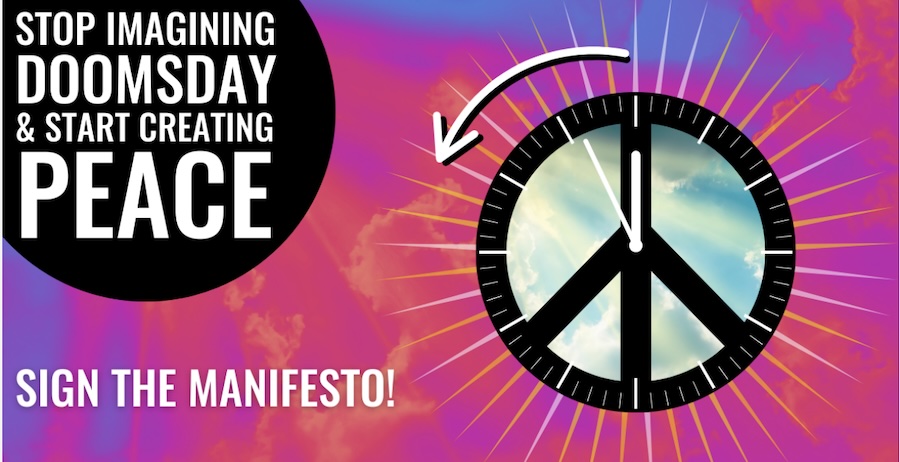
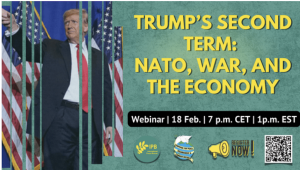
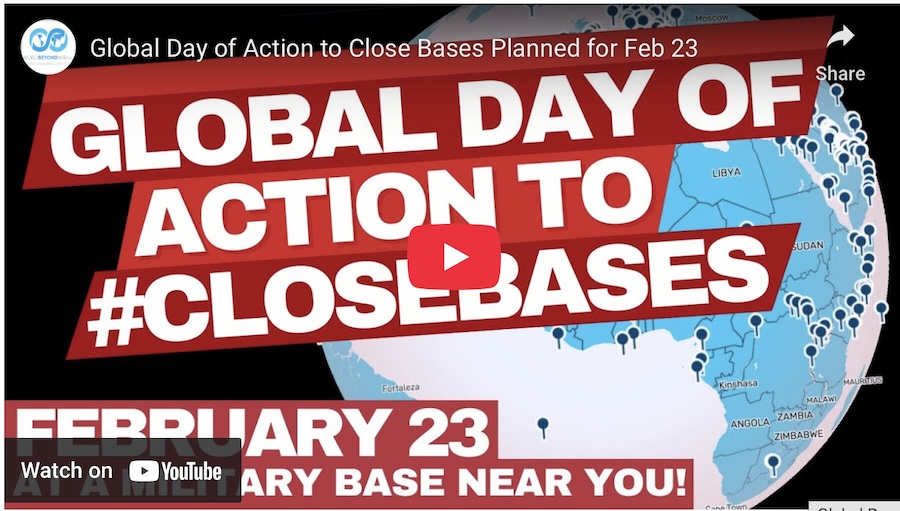 Video for Global Day of Action
Video for Global Day of Action
